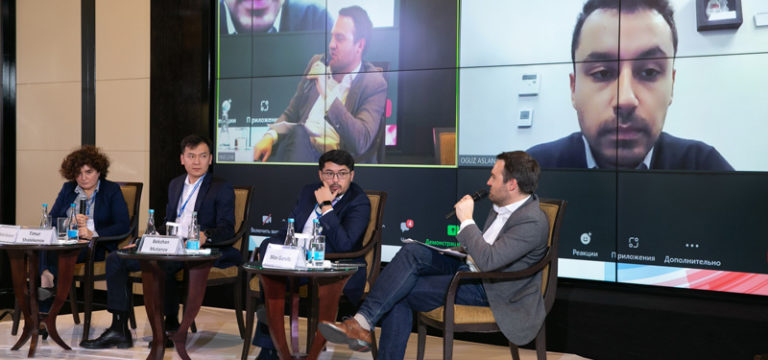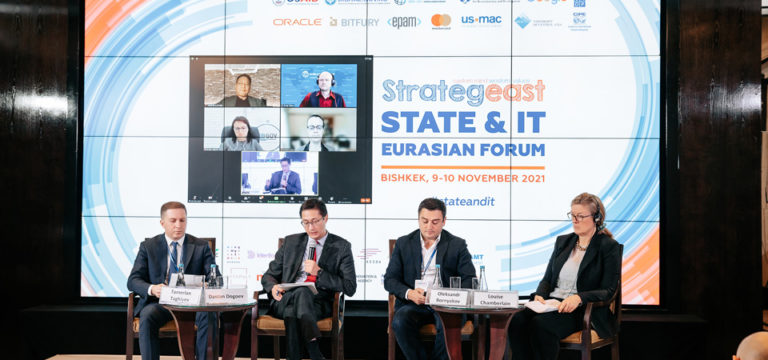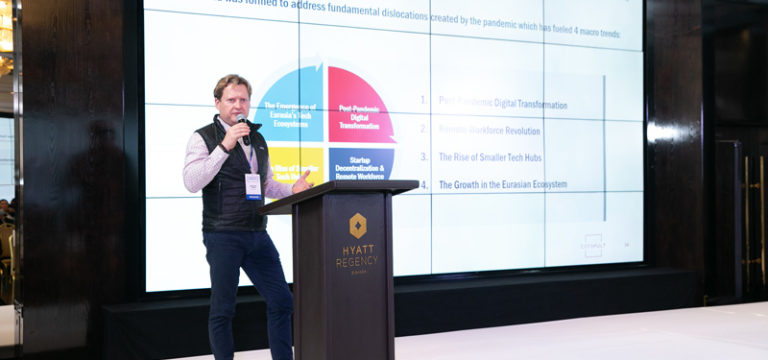In today’s world, data has become an essential resource for a nation’s digital development. The latest World Bank Development Report (WDR) 2021 “Data for Better Lives” points to many studies that show that digital transformation based on effective data management can have an impact on economic growth, new jobs creation and social inclusion. Reaping dividends from digital transformation is high on national development agendas worldwide, as both governments and businesses face the need to justify investment in new disruptive technologies and digital infrastructure. A data-driven approach can help public and private sector organizations to better understand, derive, calculate and communicate those dividends and pinpoint areas for further investment.
The countries of Eurasia are already making important first strides in the development of data-driven economy. Azerbaijan, Moldova, Kazakhstan, Kyrgyzstan, Uzbekistan have created their own Open Government Data Portals, which have gathered a total of more than 10 thousand open data sets. Not only citizens can easily access that data but also IT companies can develop applications that can be useful for the public by using the open government data. Georgia provided e-Apostille, a user-friendly digital solution allowing to verify up to 100 types of documents issued by Georgia’s public authorities. eTIR system in Tajikistan allows completely paperless cross-border transit of goods, which ensures the secure exchange of data about the international transit. Ukraine is developing the project “country in a smartphone” and through one official application “Diia” (“Action”) gives access to more than 50 types of data-driven governmental services.
Following the keynote presentations of WDR 2021 and Korean data-driven transformation journey, high-level representatives from several Eurasian countries will discuss potential data economy policy recommendations in the panel discussion “Next steps for developing Eurasian Data Ecosystems” as part of this special session co-hosted by the World Bank with the support of the Korea-World Bank Partnership Facility financed Digital Resilience program.
MODERATOR:
Louise Chamberlain, Resident Representative in Kyrgyz Republic, UNDP
CO-MODERATOR:
Oleg Petrov, Senior Digital Development Specialist, World Bank
SPEAKERS:
Dastan Dogoev, Minister of Digital Development, the Kyrgyz Republic
Vivien Foster, Chief Economist for Infrastructure, World Bank
Jong-Sung Hwang, Lead researcher at the National Information Society Agency, Korea
Olga Tumuruс, Head of the Electronic Governance Agency of the Republic of Moldova
Olexander Bornyakov, Deputy Minister of Digital Transformation, Ukraine
Askar Zhambakin, Deputy Minister of Digital Development, Kazakhstan
Tamerlan Taghiyev, Acting Head of the Center for Analysis and Coordination of the Fourth Industrial Revolution under the Ministry of Economy of Azerbaijan












